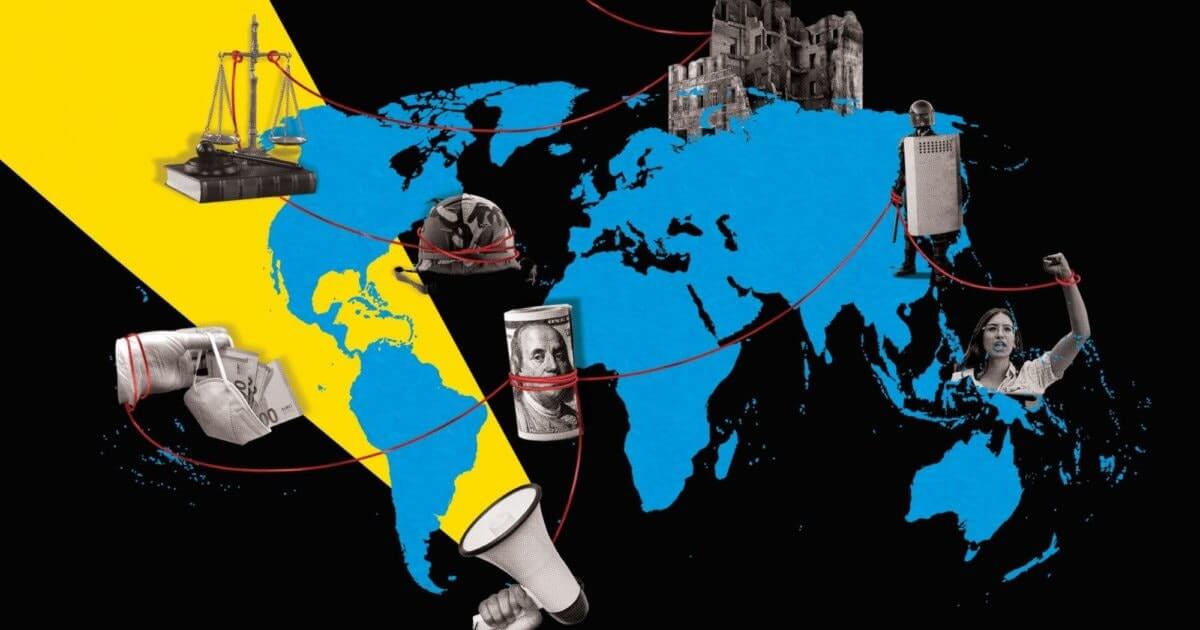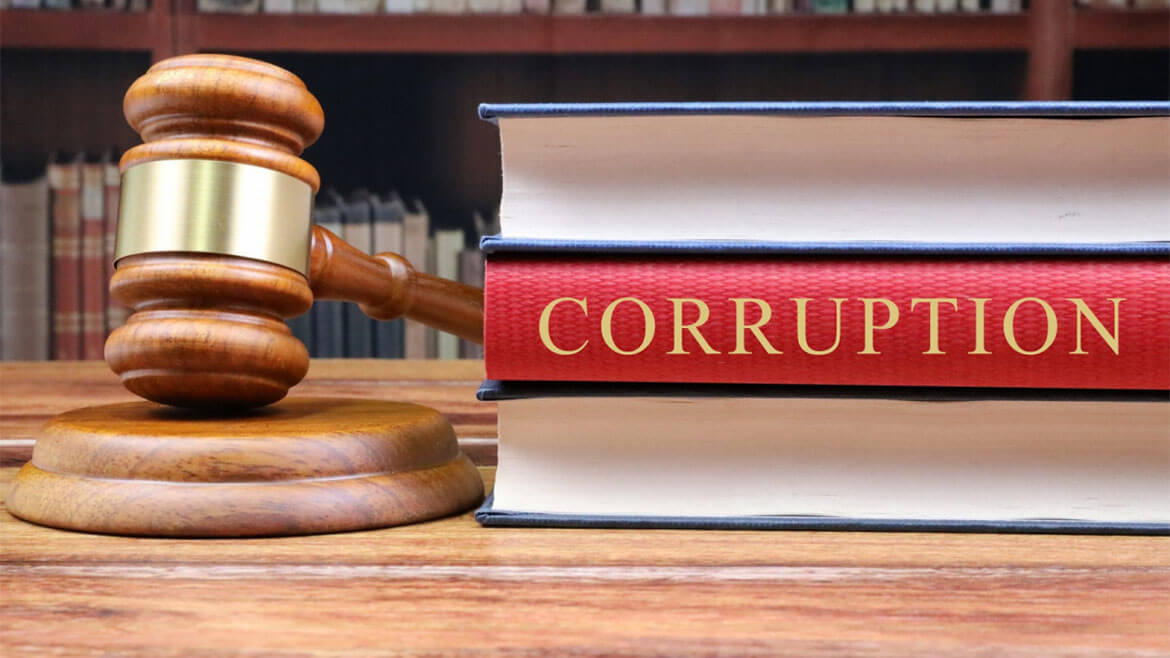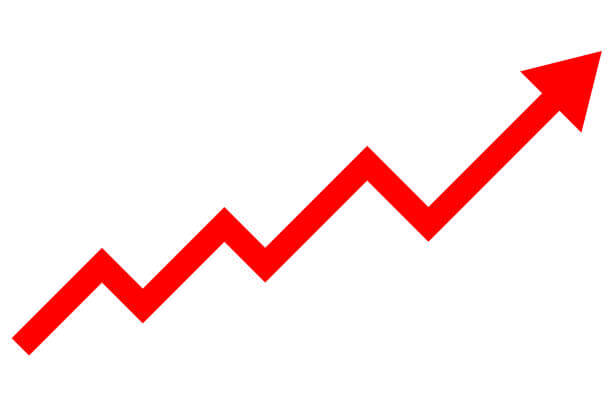Tanzania has slipped one place to the 94th position in the 2022 Corruption Perceptions Index released by Transparency International.
The CPI ranks 180 countries and territories around the world by their perceived levels of public sector corruption, scoring on a scale of 0 (highly corrupt) to 100 (very clean).
According to the index, Tanzania however scored 38 out of 100.
Rwanda leads the East African Community (EAC) region in the new CPI scoring 51 out of 100 and sitting at 54th out of 100 economies surveyed with Burundi being the worst performer scoring 17 out of 100 and sitting at the 17th position of most corrupt countries out of 180 economies surveyed.

“Leaders can fight corruption and promote peace all at once. Governments must open up space to include the public in decision-making from activists and business owners to marginalised communities and young people. In democratic societies, the people can raise their voices to help root out corruption and demand a safer world for us all,” said Daniel Eriksson Chief Executive Officer, Transparency International.
The index offers an annual snapshot of the relative degree of corruption by ranking countries and territories from all over the globe.
In 2012, Transparency International revised the methodology used to construct the index to allow for comparison of scores from one year to the next.
Seychelles continues to lead the African region with a CPI score of 70, followed by Botswana and Cabo Verde, each with 60. Burundi (17), Equatorial Guinea (17), South Sudan (13) and Somalia (12) perform the lowest.
“Conflict and security challenges have further weakened institutions and undermined states’ capacity to decisively respond to corruption. This has also meant little to no action in preventing capital flight – estimated to be in tens of billions of dollars each year – from the region,” according to a report by transparency international.
Stability and reform: Best and worst performers
Botswana continues to be one of the top performers in the region due to a robust democratic system in which the legislative and policy frameworks have continuously been improved. The strengthening of opposition parties has allowed anti-corruption measures to be implemented, most notably the 2016 Whistleblowers Act followed by the 2019 Declaration of Assets and Liabilities Act.
Public sector reforms have also kept Cabo Verde as a top scorer for the region. The country has implemented several measures to increase transparency in government and business transactions, in line with its Open Government Partnership commitments.
At the other end of the table, Equatorial Guinea continues to suffer from relentless exploitation at the hands of its ruling family. The country’s political, economic and legal systems have all been controlled by President Teodoro Obiang Nguema, his relatives and cronies for close to four decades.
In November 2022, Obiang – the world’s longest serving leader – was confirmed for a sixth term with 95 per cent of the vote. The election has been criticised by international observers as unfree and unfair. In January 2023, one of the president’s sons was arrested for alleged corruption for presumably selling a plane belonging to the country’s national airline.
South Sudan continues to face numerous challenges. The pandemic exacerbated economic problems and the humanitarian situation is dire: according to the UN, more than half of the population is facing acute food insecurity. Corruption has a part in this.
A recent report revealed that money meant for food, fuel and medicine was allegedly stolen in a massive fraud scheme through a network of corrupt politicians some of them with ties to the president’s family. Politically, too, the country has been in turmoil. A period of democratic transition after 2019 was followed by a military coup.
Somalia is back at the very bottom of the CPI, both regionally and globally. The country has been mired in a circle of violence and instability for over three decades, with practically no means available to curb rampant corruption. In October 2022, the recently elected president Hassan Sheikh Mohamud dissolved two key anti-corruption bodies – the Judicial Service Commission and the Anti-Corruption Commission – via decree. Mohamud has been accused of corruption and abuse of power in the past. Meanwhile, economic and humanitarian conditions for Somalians are steadily deteriorating.
Ethiopia (38), Kenya (32), Seychelles (70) and Tanzania (38) are other countries that have managed to significantly improve their CPI scores. Seychelles took a step forward by amending its Anti-Corruption Act in 2019, but its Public Officers’ Ethics Commission does not have investigative powers.
Several countries, on the other hand, have significantly declined on the CPI over the last years – like Lesotho, which has fallen from 49 to 37 points since 2014.
This year’s CPI results underline how intertwined paths of democracy, security and development in Sub-Saharan Africa are eroded by corruption – particularly during a time of global crises.
The region struggles to recover from the COVID-19 pandemic and an increased cost of living. Extensive funds are needed to address the consequences of economic, ecological and healthcare challenges, and they must not be lost to corruption.






